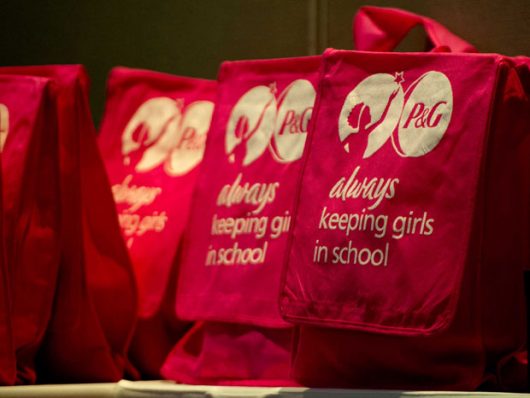SpacerPAD in Developing Countries: Empowering Women
 Despite the fact that menstruation is an experience shared by all women around the world, many parts of the world continue to stigmatize it and treat it as a taboo topic. Many cultures have even perpetuated destructive beliefs about menstruation, leading to a serious erosion in the availability of knowledge about menstrual health. These taboos are particularly pervasive in developing countries and have negatively affected women’s lives.
Despite the fact that menstruation is an experience shared by all women around the world, many parts of the world continue to stigmatize it and treat it as a taboo topic. Many cultures have even perpetuated destructive beliefs about menstruation, leading to a serious erosion in the availability of knowledge about menstrual health. These taboos are particularly pervasive in developing countries and have negatively affected women’s lives.
In an effort to combat the lack of health products for menstruation in developing countries, researchers Karin Högberg and Lena Berglin from the Swedish School of Textiles and the University of Borås, respectively, have begun creating a potentially revolutionary product. The SpacerPAD is a reusable, recyclable and quick-drying sanitary pad for use by women in developing countries who don’t have access to proper women’s health products.
The idea for the SpacerPAD in developing countries came to Högberg when she witnessed the significant obstacles that menstruation posed to women in Nairobi, Kenya. She described how women often resorted to using leaves, rags and sometimes cow dung to absorb the blood. Furthermore, because menstruation is such a taboo topic, many women, especially those in low-income and rural areas, don’t have the opportunity to use other washable hygiene products as they cannot be hung up to dry.
The SpacerPAD is currently undergoing testing that focuses on stopping leakage and potential bacterial growth and the ability to dry quickly in a lab at the Swedish School of Textiles. Once this testing is complete, the next step would be to produce a prototype and begin to distribute the SpacerPAD in developing countries.
In recent years, as the awareness of women’s health issues continues to grow, there have been more efforts to create an affordable reusable product as an alternative to the expensive disposable products available in most developed countries. Unfortunately, the stigma against menstruation and the belief that it is an unclean process is preventing women around the world from utilizing safe and clean hygiene products.
Additionally, while it is not intended for use in developed countries, the SpacerPAD researchers believe that it can be successful in the Swedish market where there is a lack of recyclable sanitary products.
Proper access to hygiene products is a human right and without it, millions of women around the world are suffering from health issues as well as humiliation due to the stigma.
– Akhil Reddy
Photo: Flickr
